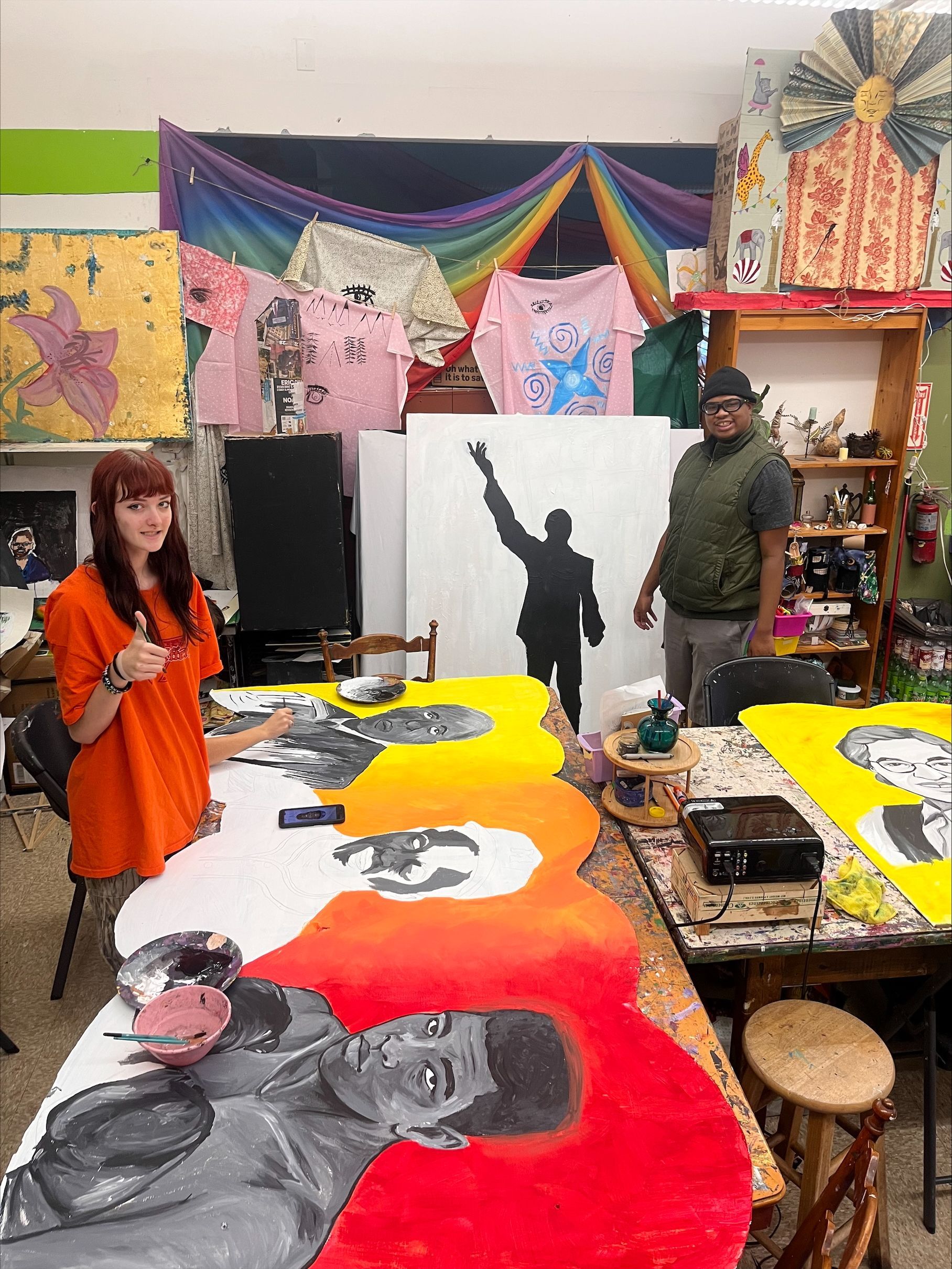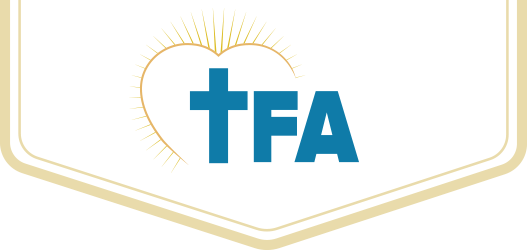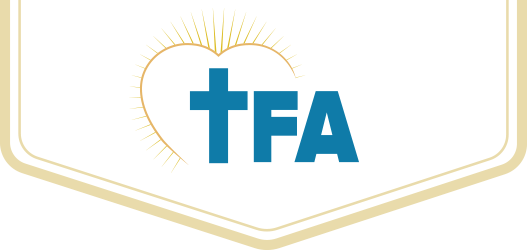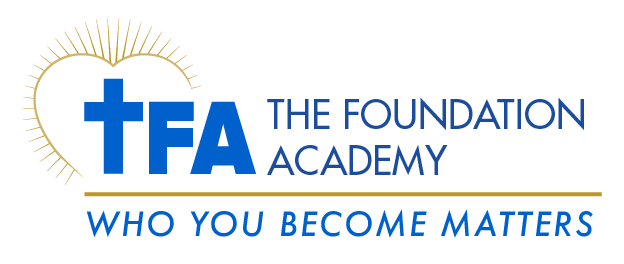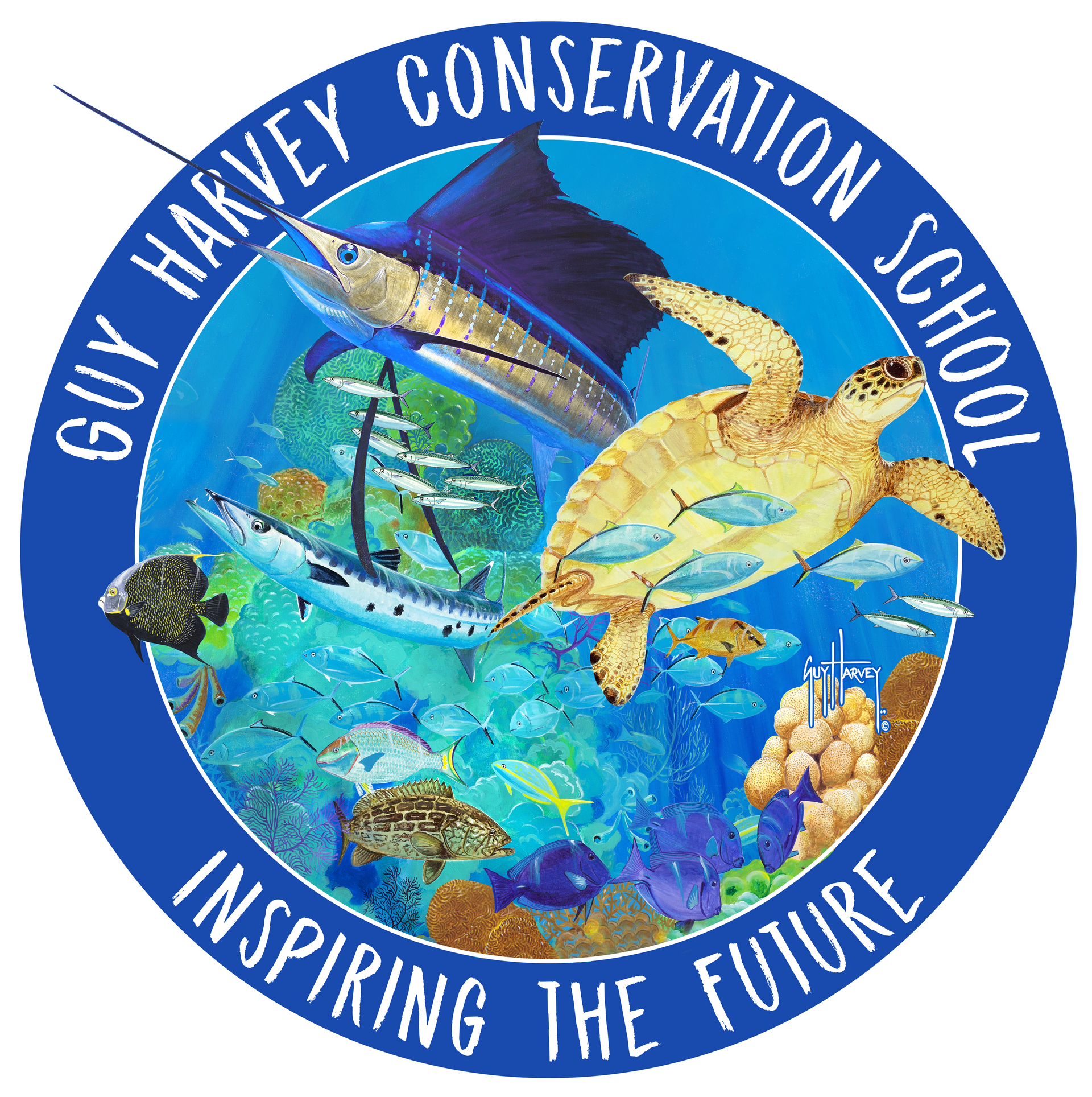SENIOR EXPECTATIONS
Empowering Future-Ready Graduates with 21st Century Skills
TFA designs our students’ daily curricular experiences to enable regular interaction with the enduring skills listed in this document. These skills are the foundations for developing a person who understands, processes and can apply the knowledge gained at TFA through the Sciences (Science, Tech, Engineering, Math) and Humanities (history, Literature, arts) so that they can contribute to their well-being, their family, and their local and faith communities. The TFA graduate is equipped to be a committed lifelong learner, ensuring they will always be a valuable and empathetic member of our society. Below is an expanded description of our TFA Senior expectations (numbered 1-5, expanded to letter points, further elaborated in bullet points).
Communication, Media, and Information Literacy
A. Analyze and interpret diverse information (text, media, data)
- Looking closely at different kinds of information—like words in a story, pictures or videos, and numbers in charts—to understand them, find important details, and explain what they mean.
B. Communicate clearly in writing, speaking, and visual formats
- To describe your ideas so others can understand them—whether you’re writing, talking, or using pictures, charts, or other visuals to express your message.
C. Use digital tools for research, creation, and collaboration
- Using technology—like the internet, apps, and online programs—to find information, make creative and innovative projects, and work productively with others.
D. Work with people from all socio-economic status, global cultures and respect their perspectives
- Valuing and learning from the traditions, ideas, and ways of life of people from different economic and cultural backgrounds from our local community and other parts of the world.
E. Evaluate sources for accuracy, bias, and relevance
- Checking if information is correct, and shows consideration by recognizing different viewpoints, and if it is important and useful for what you are learning or doing.
F. Showcase learning through interdisciplinary exhibitions
- Showing what you’ve learned by creating a project that combines different subjects—like science, art, and history—and sharing it with out local community members.
Critical Thinking, Problem Solving, and Innovation
A. Apply scientific and logical reasoning to real-world issues
- Using evidence, experiments, and careful observations to make conclusions and solve questions about the world. Thinking clearly and carefully to make good decisions that make sense to understand and solve problems in everyday life.
B. Use creativity and design thinking to solve complex problems
- Solving problems by using originality and inspiration to understand people’s needs, brainstorming ideas, trying out solutions, and improving them step by step. To create a detailed and useful course of action to challenges.
C. Synthesize information to support evidence-based conclusions
- Putting together ideas from different places so that you form a new understanding or explanation to support your findings or opinion.
D. Adapt knowledge to new tools, technologies, and contexts
- Applying what you already know and adjust it to work with new devices, apps, programs, or situations.
E. Present ideas with clarity, purpose, and professionalism
- Share your thoughts in a way that is easy to understand, has a clear goal, and is done in a respectful, confident manner.
Ethics, Character, and Global Citizenship
A. Make ethical choices with integrity and accountability
- Doing what is right (moral), being honest, and taking responsibility for your actions.
B. Demonstrate empathy, teamwork, and civic responsibility
- Showing you want to understand and care about others’ feelings, working well with others, and helping your community.
C. Take action on social, environmental, and global issues
- Doing something to help solve problems that affect people, nature, and the world.
D. Accept feedback constructively and grow from it
- Listen to advice or suggestions, learn from them, and use them to improve yourself.
E. Reflect on personal values, spiritual insight, or moral purpose
- Thinking about what is important to you, your beliefs, keeping in mind your moral values as you walk through your daily experiences.
Digital, Civic, and Global Engagement
A. Practice safe, ethical, and responsible digital behavior
- Use the internet in ways that is safe, honest, and respectful to you and your moral values.
B. Stay informed about current events and societal trends
- Stay up to date with what is happening in the world and in your community. Know about the patterns in how people act, think, or live that become popular or common in a community or the world over time.
C. Participate in civic life with purpose and awareness
- Get involved in helping your community using your strengths and talents while understanding the needs and issues it faces.
D. Lead with humility, confidence, and cultural competence
- Guide others with an attitude of gentleness, and self-assurance, as a capable person who understands, respects, and works with people from different cultures, backgrounds, and beliefs.
College, Career, and Life Readiness
A. Master time management, goal setting, and adaptability
- Have a clear vision with an end in mind, set the priorities for the execution of a plan so that you can complete what you are committed to comfortably, and adjust when things change.
B. Maintain professional appearance and self-care habits
- Dress neatly and take care of your physical and mental health with daily grooming habits.
C. Be self-directed and resilient in academic and career paths
- Work without needing someone to tell you what to do all the time and keep going even when it’s hard because you have a clear picture of your strengths and areas you need to grow in.
D. Collaborate in diverse teams, both in-person and online
- Work well with people from different backgrounds in person and on the internet.
E. Apply financial, digital, and practical knowledge to real life
- Use money skills, technology, and everyday know-how to handle real situations.
F. Demonstrate academic desire and personal skill
- Grow in knowledge and be able to apply that knowledge in the areas of history, science, mathematics, literature and other arts in your projects, products, presentations and reflections.
G. Transferable skills
- All mastered TFA senior expectations can be used in every life experience. In school, careers, homemaking, family life and community involvement. They apply to most of the circumstances you will be in.
